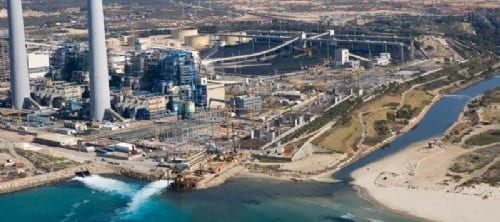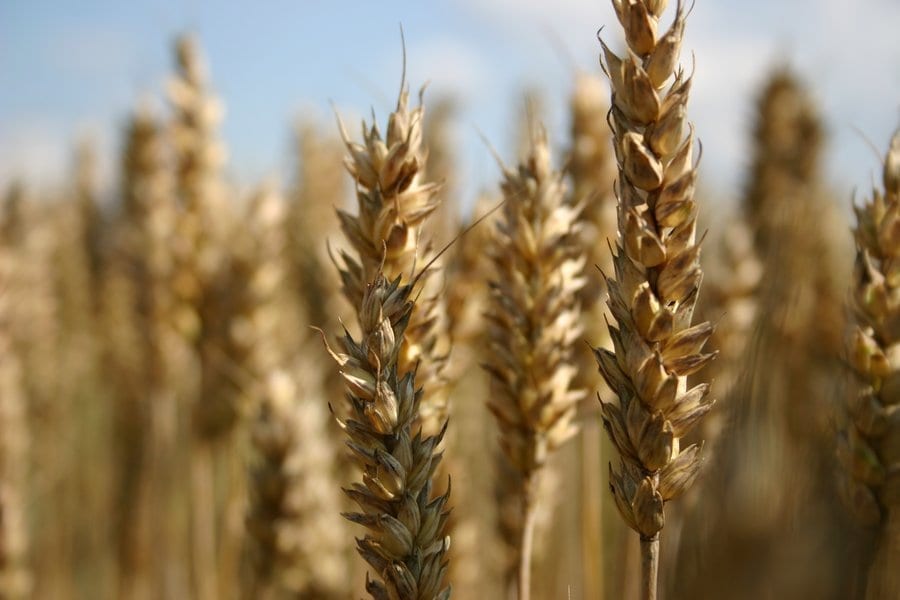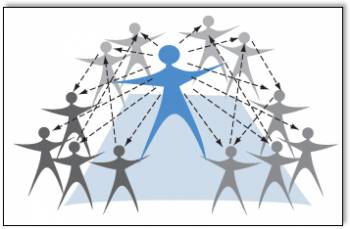
At the peak of the drought, Shabi Zvieli, an Israeli gardener, feared for his livelihood.
A hefty tax was placed on excessive household water consumption, penalizing families with lawns, swimming pools or leaky pipes. So many of Mr. Zvieli’s clients went over to synthetic grass and swapped their seasonal blooms for hardy, indigenous plants more suited to a semiarid climate. “I worried about where gardening was going,” said Mr. Zvieli, 56, who has tended people’s yards for about 25 years.
Across the country, Israelis were told to cut their shower time by two minutes. Washing cars with hoses was outlawed and those few wealthy enough to absorb the cost of maintaining a lawn were permitted to water it only at night.
“We were in a situation where we were very, very close to someone opening a tap somewhere in the country and no water would come out,” said Uri Schor, the spokesman and public education director of the government’s Water Authority.
But that was about six years ago. Today, there is plenty of water in Israel. A lighter version of an old “Israel is drying up” campaign has been dusted off to advertise baby diapers. “The fear has gone,” said Mr. Zvieli, whose customers have gone back to planting flowers.
As California and other western areas of the United States grapple with an extreme drought, a revolution has taken place here. A major national effort to desalinate Mediterranean seawater and to recycle wastewater has provided the country with enough water for all its needs, even during severe droughts. More than 50 percent of the water for Israeli households, agriculture and industry is now artificially produced.
During the drought years, farmers at Ramat Rachel, a kibbutz on the southern outskirts of Jerusalem, took water-economizing measures like uprooting old apple orchards a few years before their time. With the new plenty, water allocations for Israeli farmers that had been slashed have been raised again, though the price has also gone up.
“Now there is no problem of water,” said Shaul Ben-Dov, an agronomist at Ramat Rachel. “The price is higher, but we can live a normal life in a country that is half desert.”
Read more: Aided by the Sea, Israel Overcomes an Old Foe: Drought
The Latest on: Drought management
[google_news title=”” keyword=”Drought management” num_posts=”10″ blurb_length=”0″ show_thumb=”left”]
via Google News
The Latest on: Drought management
- Centre's drought aid to Karnataka far less than what was asked for; SC to hear case in Julyon May 6, 2024 at 6:08 am
The Supreme Court said it will hear in July a plea filed by the Karnataka government seeking a direction to the Centre to release financial assistance from the National Disaster Response Fund (NDRF) ...
- SC schedules Karnataka's financial assistance plea for drought management for Julyon May 6, 2024 at 4:46 am
During the hearing last week, Kapil Sibal, appearing for the Karnataka government had told the bench that ₹3,450 crore has been released but the state's request was for assistance of ₹18,000 crore, as ...
- SC to hear in July Karnataka’s plea for financial assistance for drought managementon May 6, 2024 at 3:15 am
The Supreme Court on Monday said it will hear in July a plea filed by the Karnataka government seeking a direction to the Centre to release financial assistance from the National Disaster Response ...
- Supreme Court to Consider Karnataka's Plea for Drought Relief Funding in Julyon May 6, 2024 at 3:03 am
The Supreme Court will hear Karnataka's plea for disaster relief funds in July. Despite releasing Rs 3,400 crore, the state requested Rs 18,000 crore for drought management. The Karnataka government ...
- Stage 3 drought restrictions on the way? This is what city officials say.on May 3, 2024 at 12:13 pm
Drought restrictions have been in effect in Corpus Christi for nearly two years. Modeling indicates it to worsen.
- Extreme drought calls for extra soil managementon May 1, 2024 at 1:39 pm
As planting season starts to fully get rolling here soon in Iowa, farmers are thinking about how to handle extreme drought conditions that can hinder crop development. While farmers have ...
- Fixing drought requires more federal funding, Nevada lawmakers sayon May 1, 2024 at 1:29 pm
Nevada lawmakers signed onto a letter with more than 30 other members of Congress on Monday, calling for more federal funds to help address drought in the West, which is only expected to intensify.
- African Risk Capacity expects parametric drought insurance to trigger for four countrieson April 29, 2024 at 4:31 am
According to the African Risk Capacity (ARC), a provider of parametric disaster insurance products to countries and other entities in Africa, the ongoing ...
- Around Rs 3,400 crore released to Karnataka for drought management: Centre to Supreme Courton April 29, 2024 at 4:29 am
Senior advocate Kapil Sibal, appearing for Karnataka, said Rs 3,450 crore has been released but the state's request was for assistance of Rs 18,000 crore ...
- Around Rs 3,400 crore released to Karnataka for drought management: Centre to SCon April 29, 2024 at 3:00 am
The Centre on Monday told the Supreme Court that around Rs 3,400 crore has been released to the Karnataka government for drought management in the state. A bench of Justices B R Gavai and Sandeep ...
via Bing News










